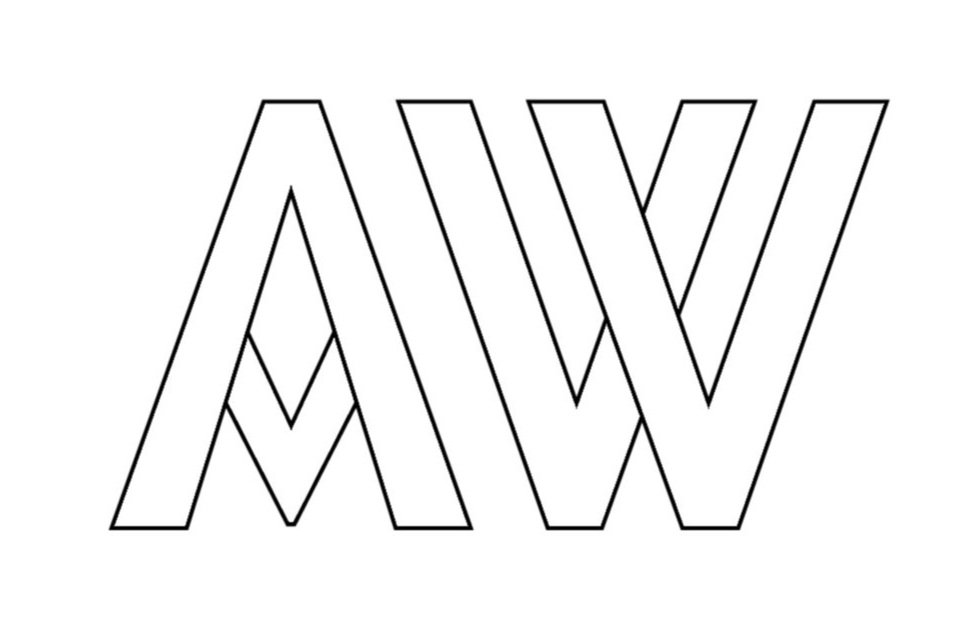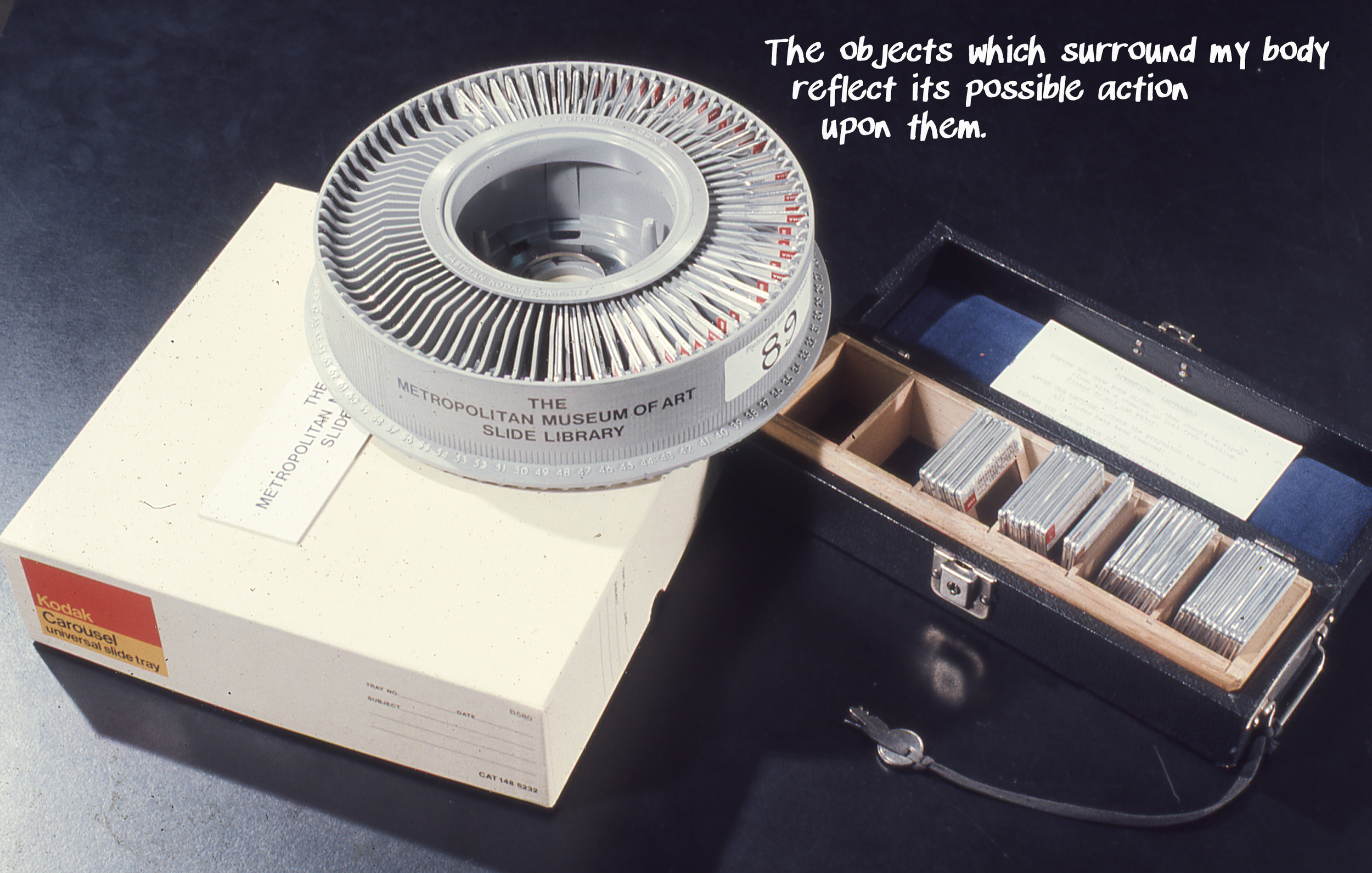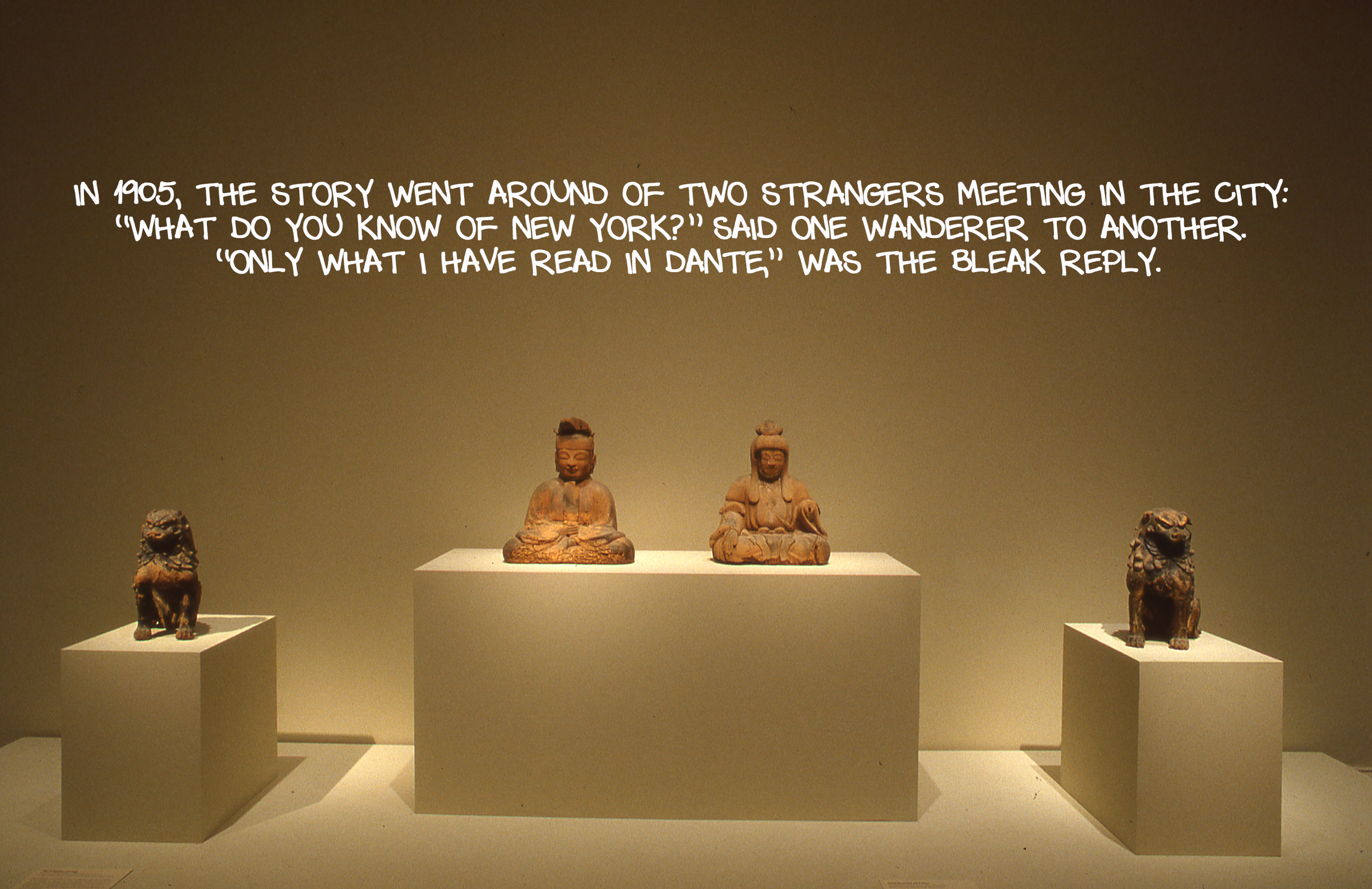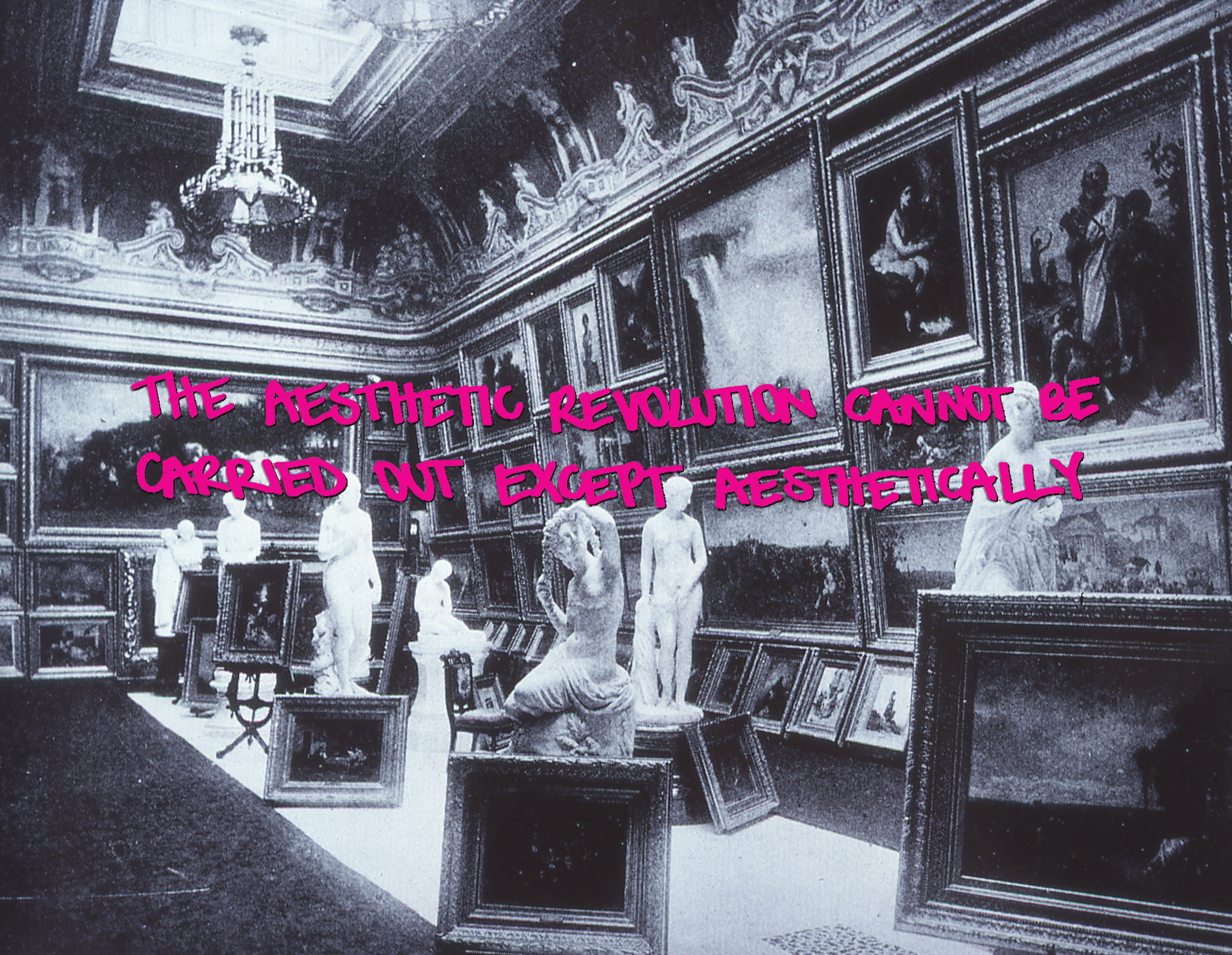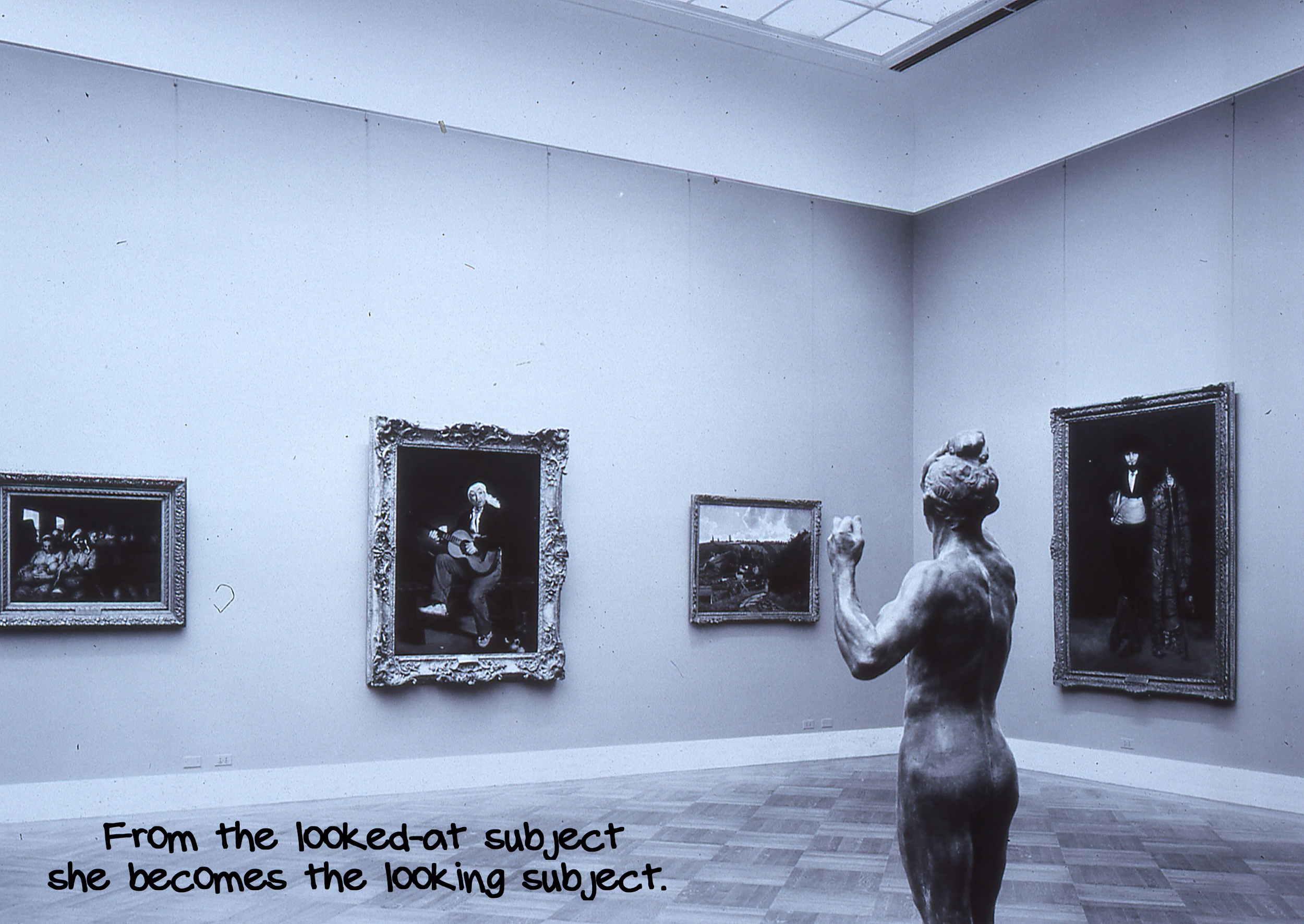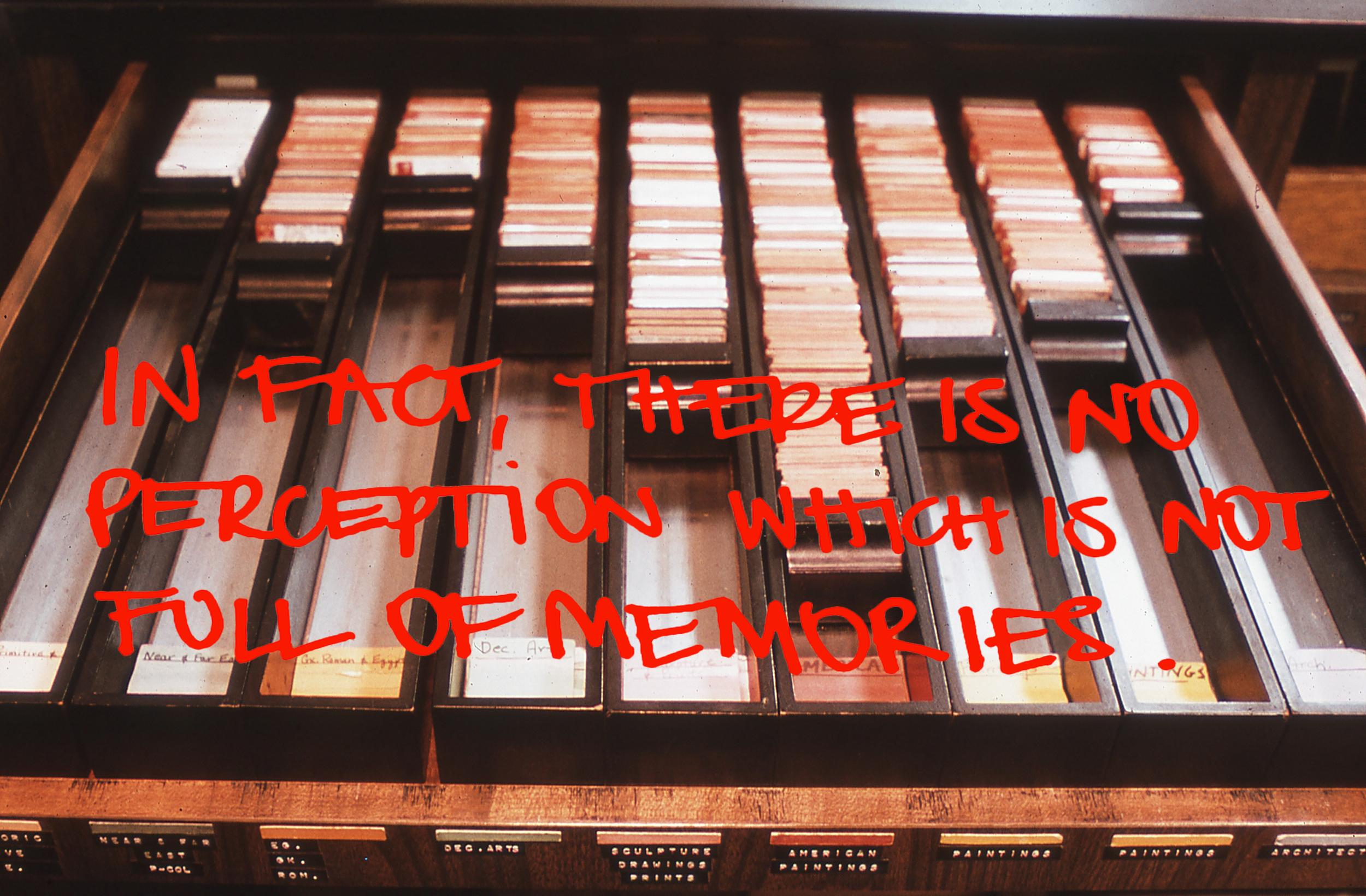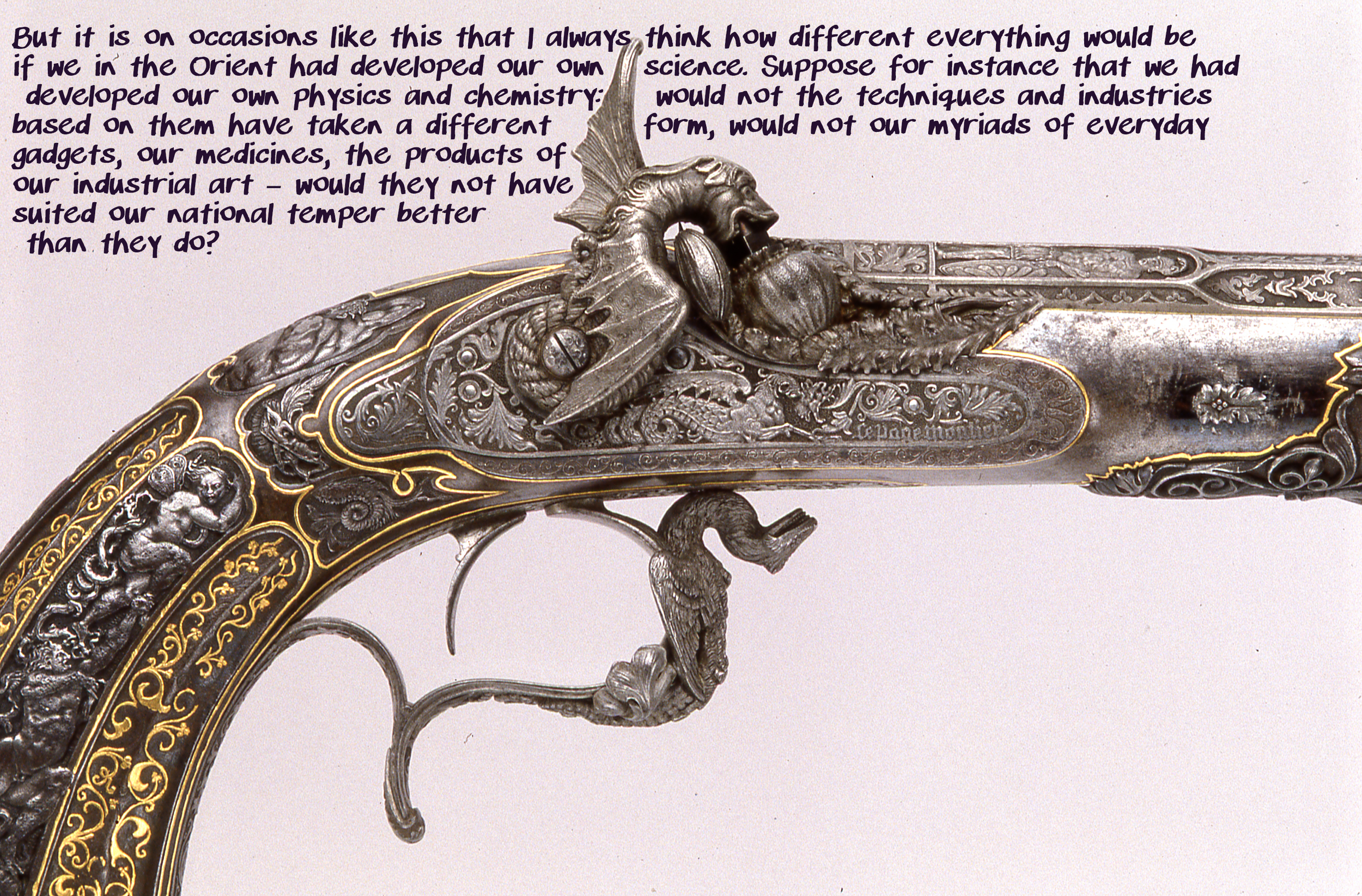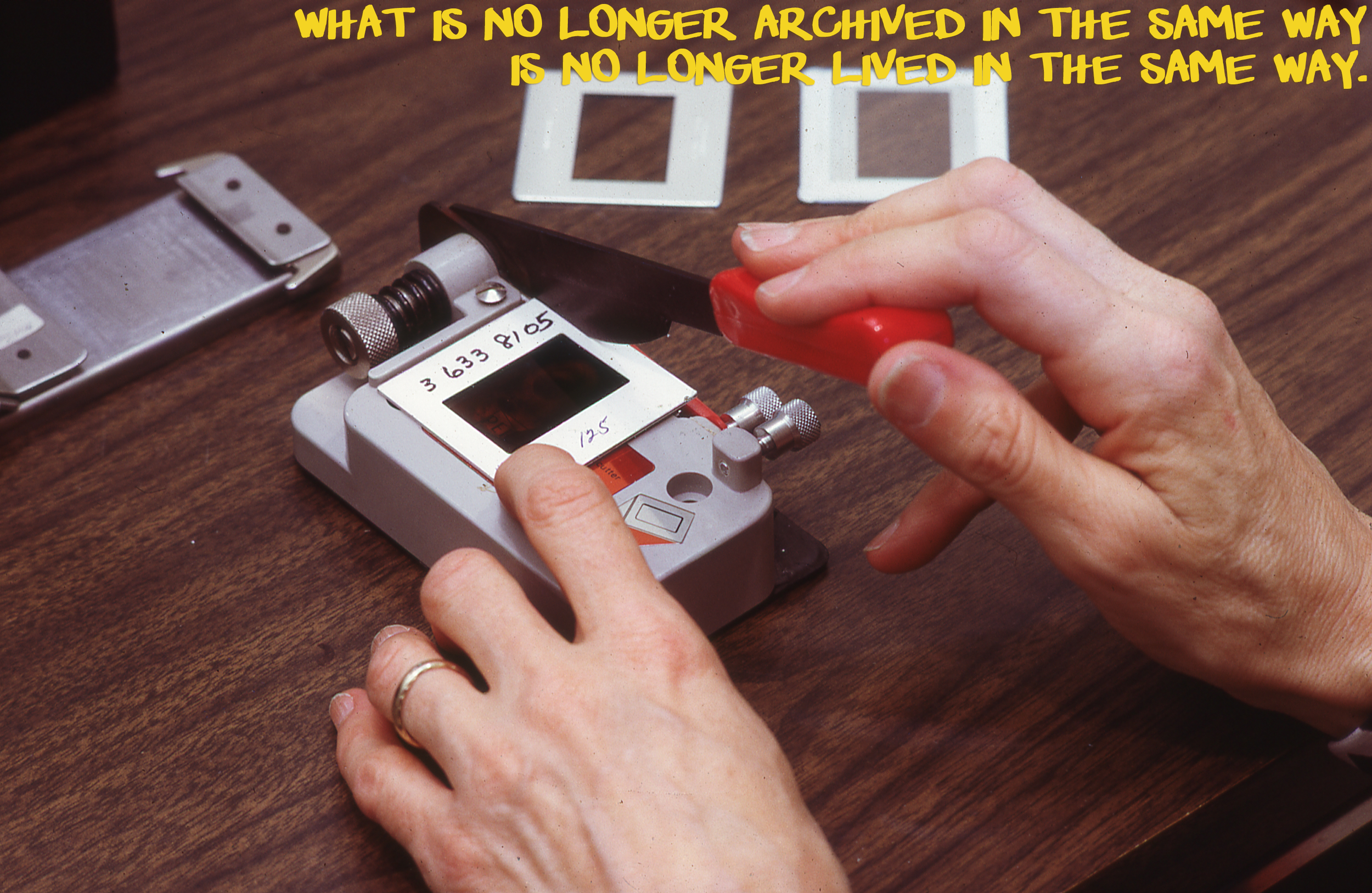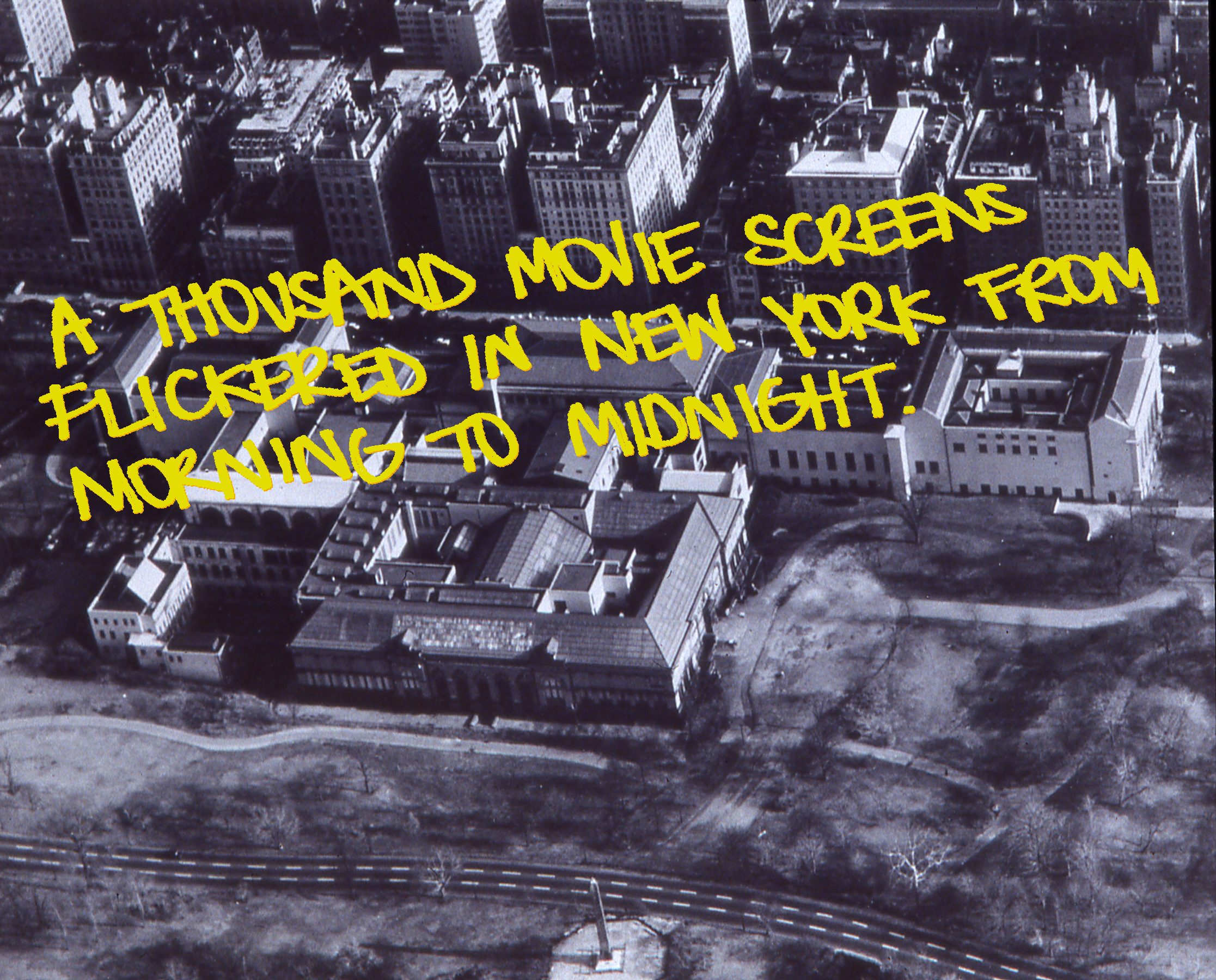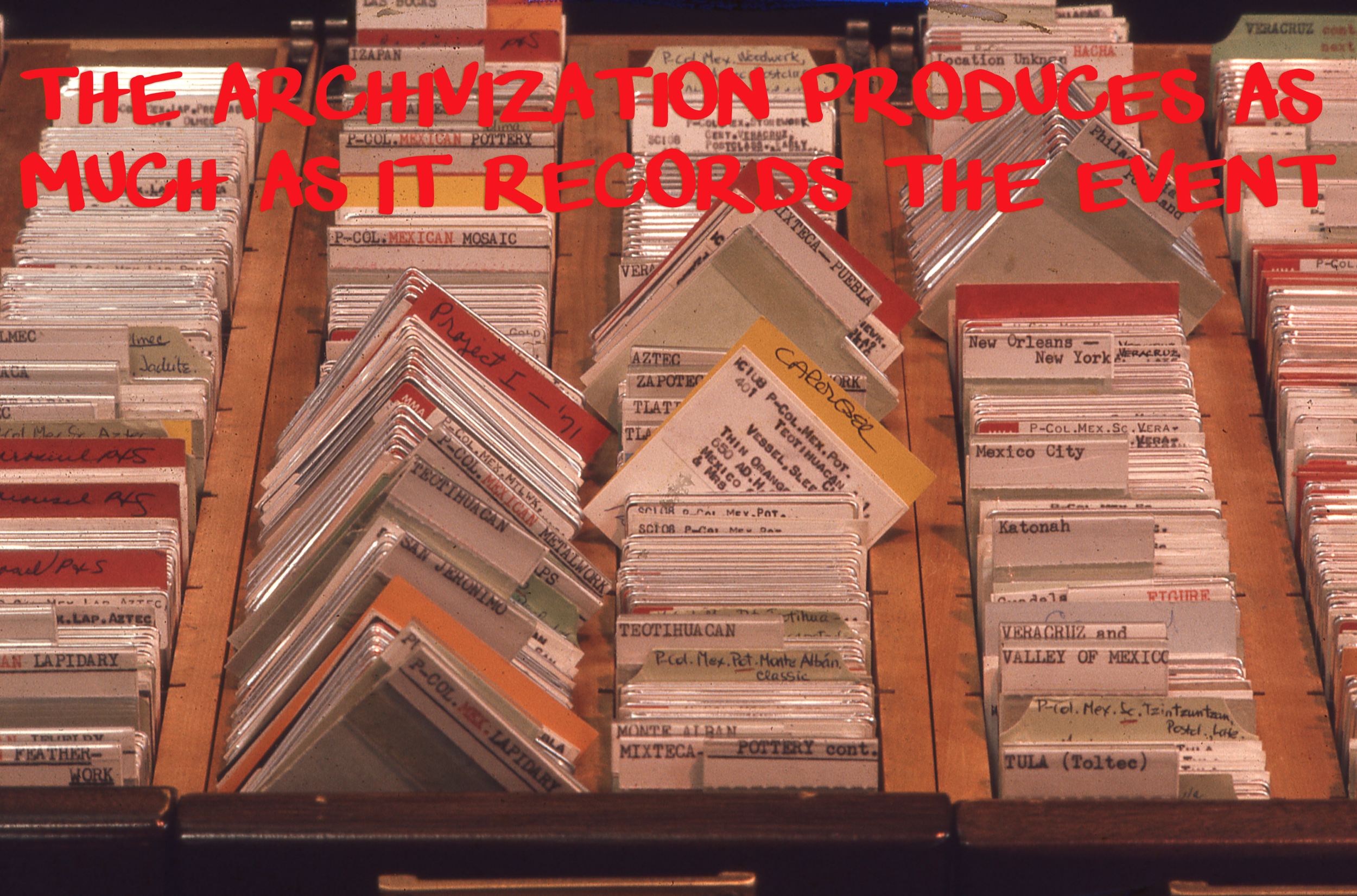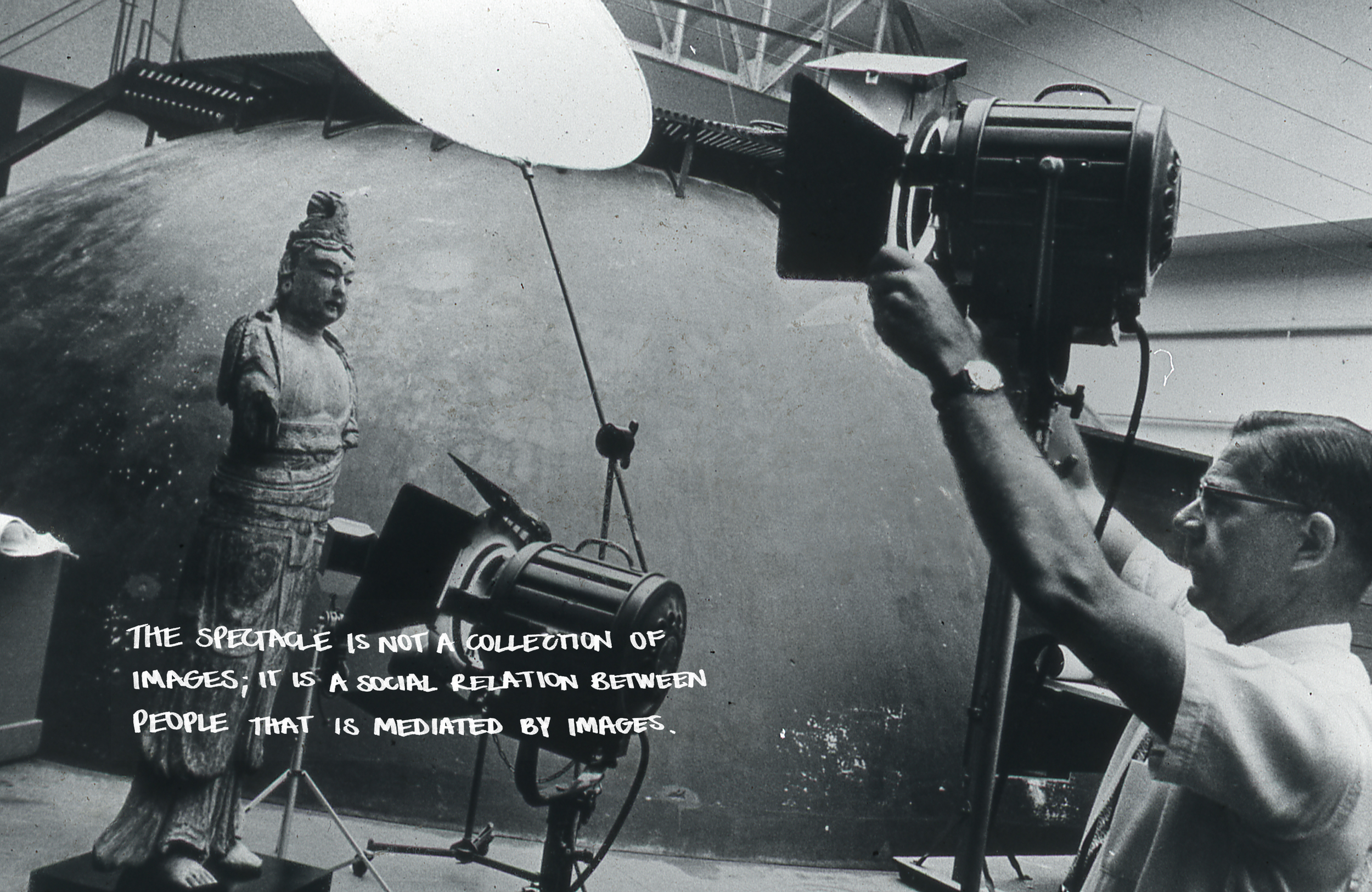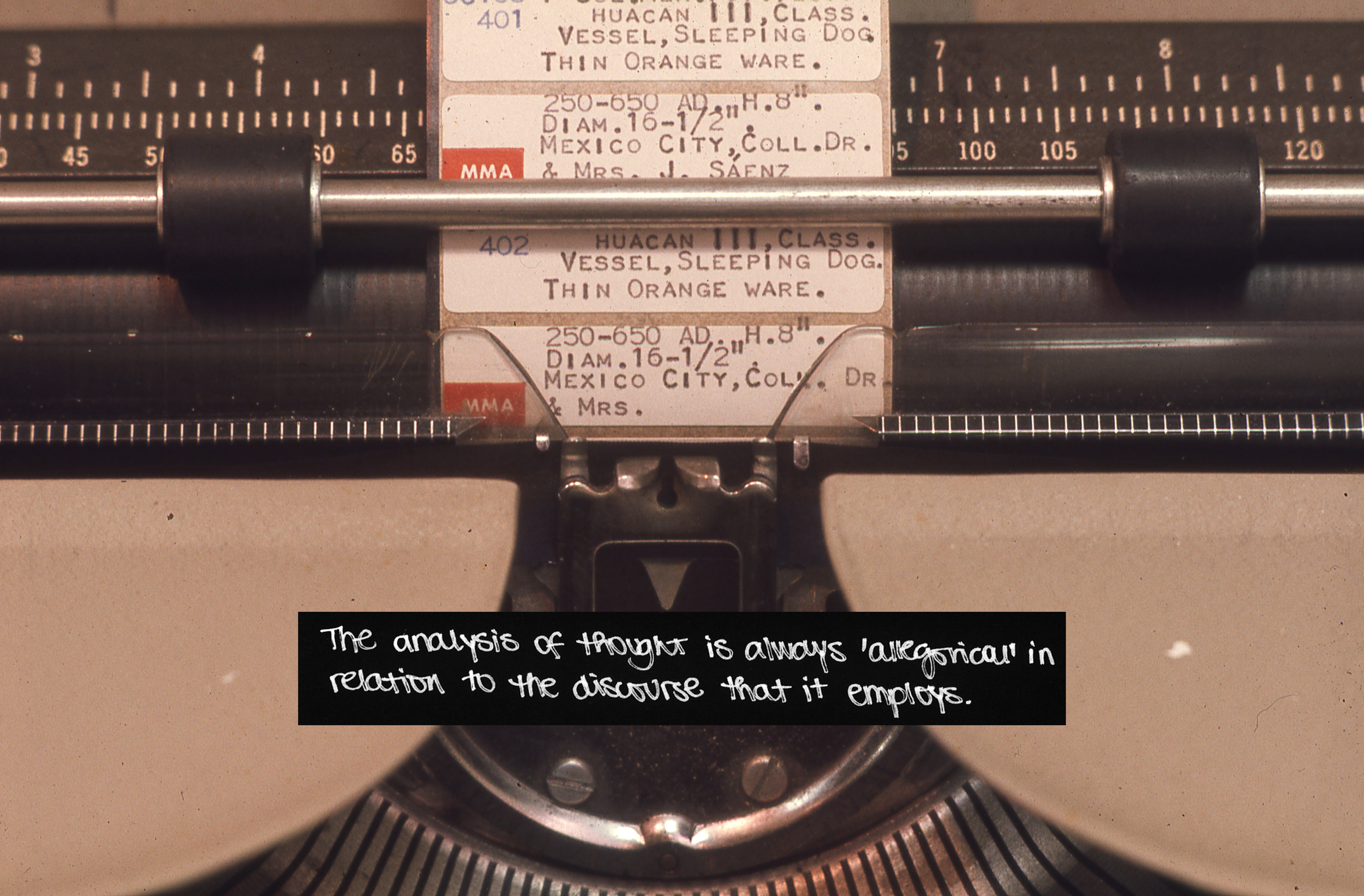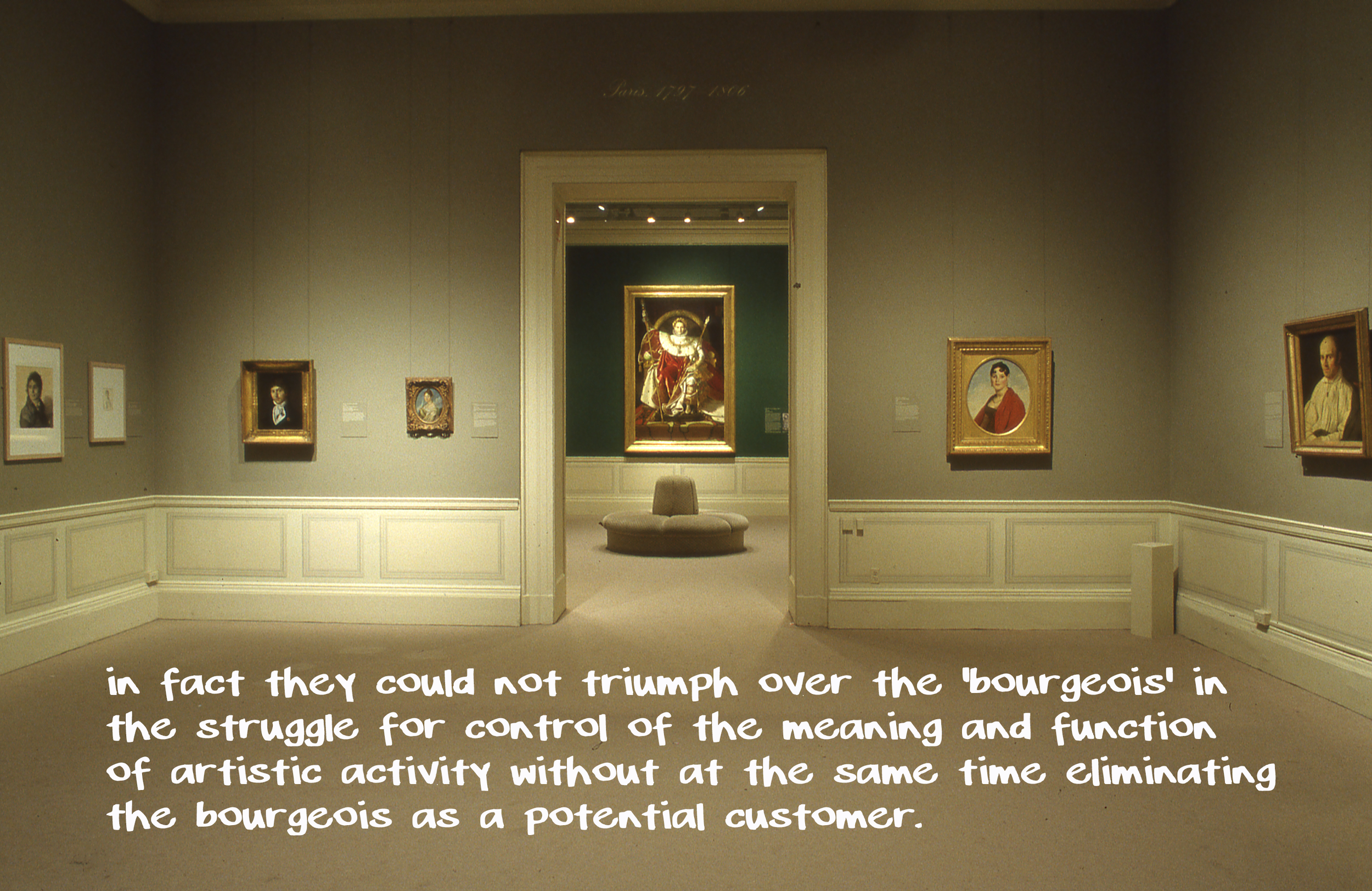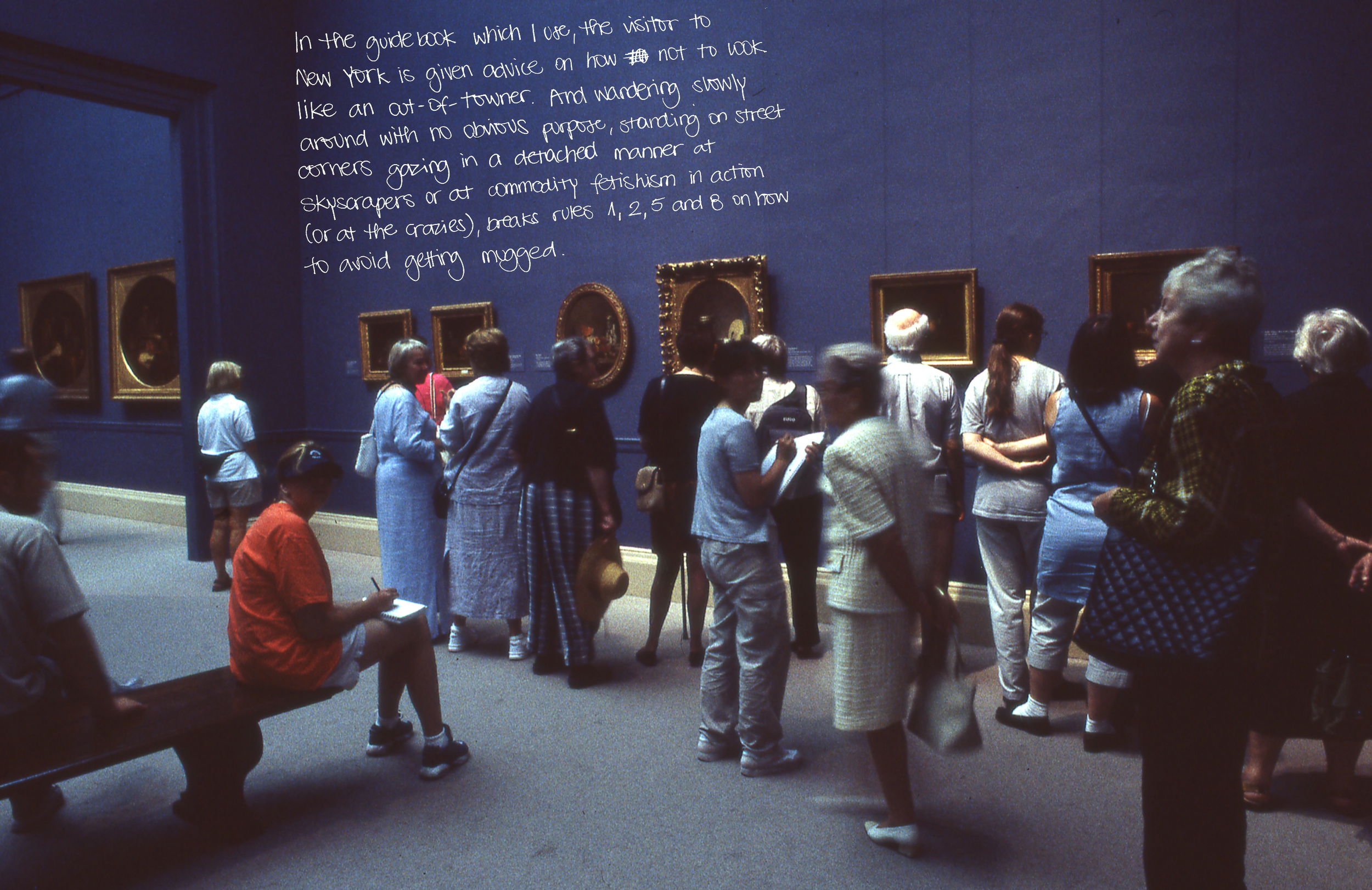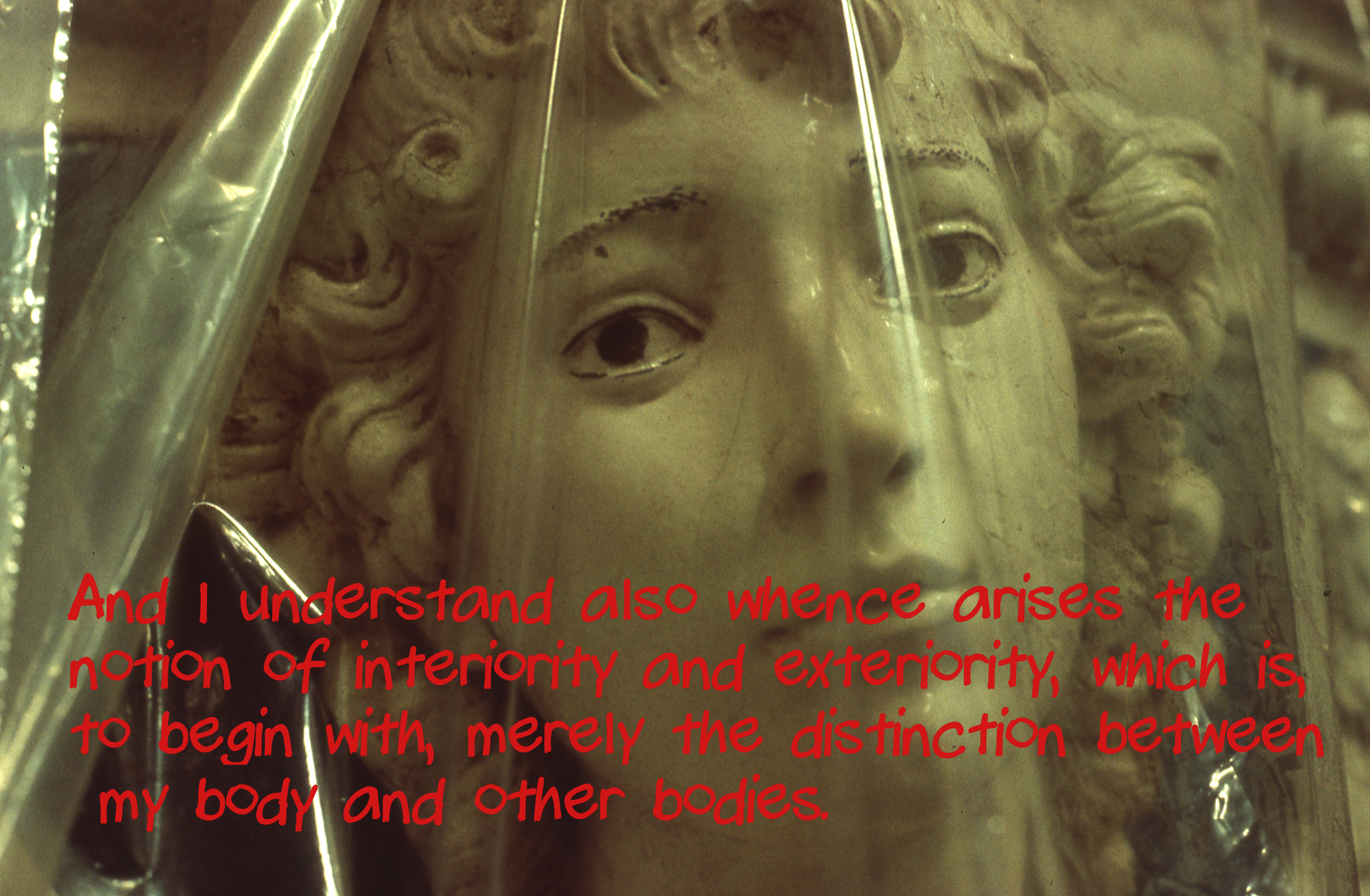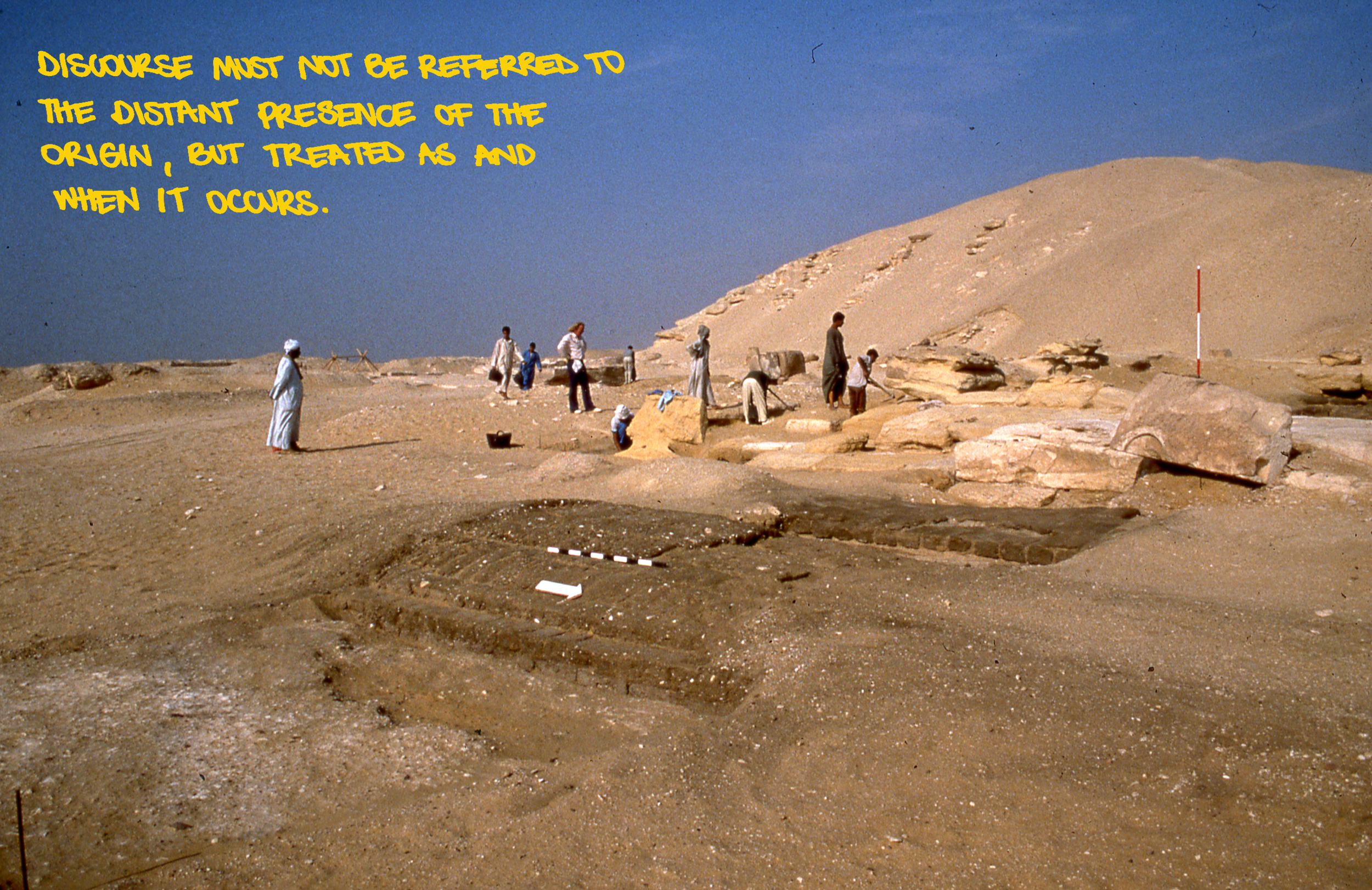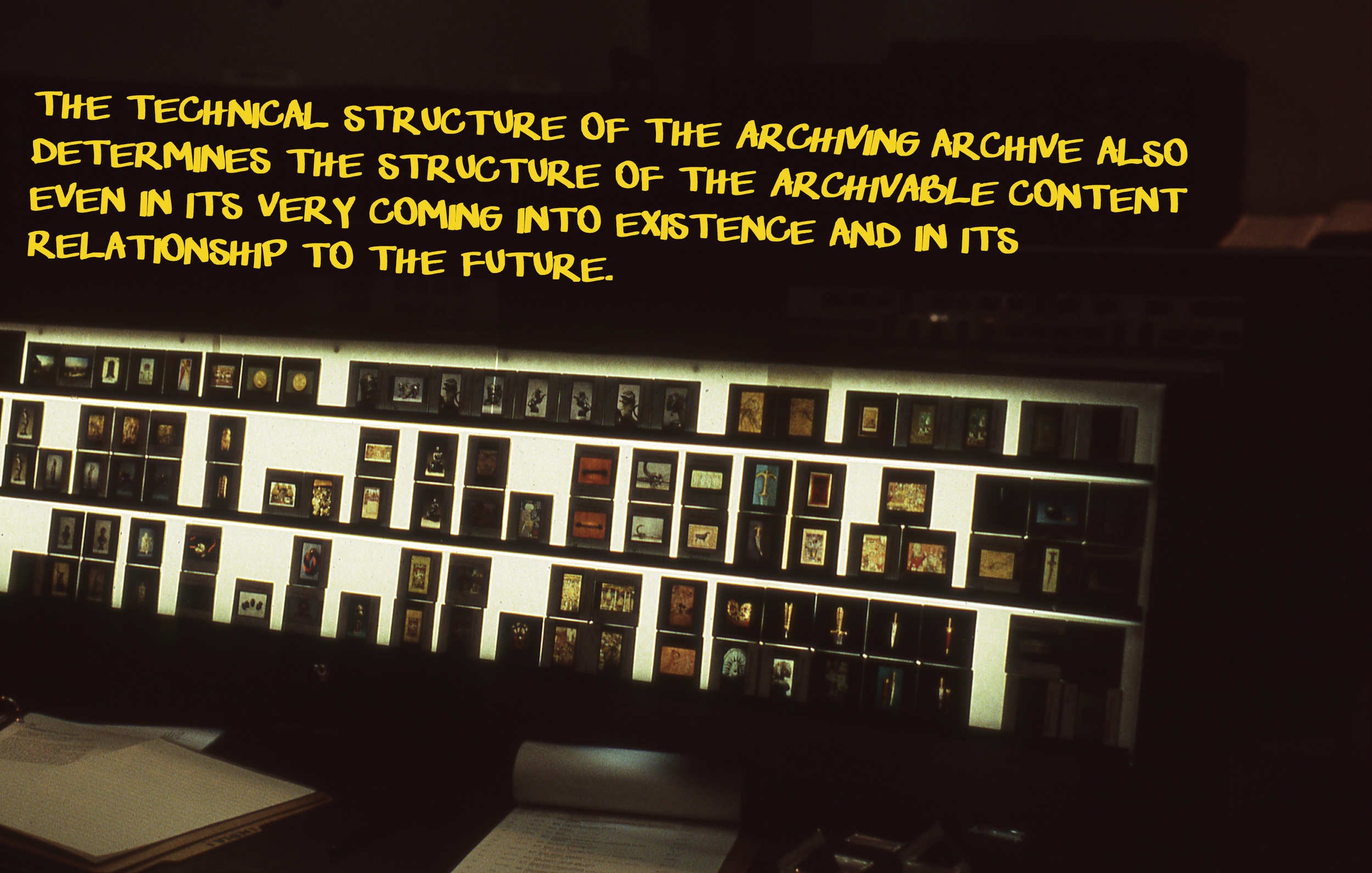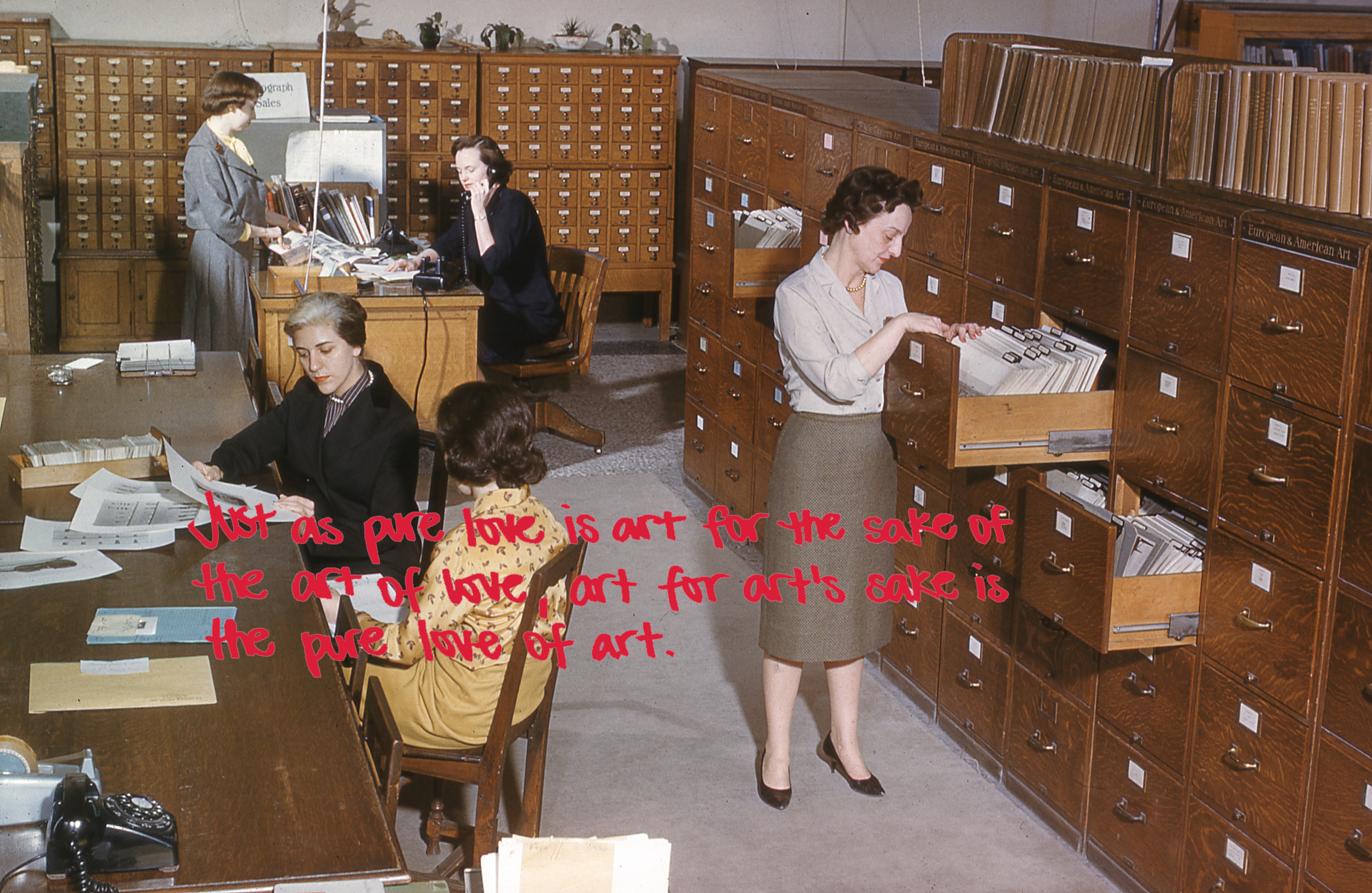2017 - ONGOING | ONLINE, OPEN-ENDED ARCHIVE USING HISTORICAL SLIDES FROM
THE METROPOLITAN MUSEUM OF ART | A project in collaboration with materials for the arts
There is no political power without control of the archive, if not of memory. Effective democratization can always be measured by this essential criterion: the participation in and the access to the archive, its constitution, and its interpretation.
-"Archive Fever", Jacques Derridaan-archive is an exercise on appropriation and a reflection on the (methods of) production of knowledge. This project is an online, non-linear archive modeled after the way we experience memories, which are randomly triggered and also infused with other memories – personal, historical, political and cultural1.
The notion of archive as a place where documents are organized, categorized and store, constituting a place for the institutional memory, has been extensively challenge, along with highlighting its relation to the exercise of power. The archive, and the discourses of knowledge are neither fixed nor finite. In “Archive Fever””, Derrida suggests that the moments of archivization are infinite throughout the life of the artifact and that “ [...]archivization produces as much as it records the event.”
an-archive subscribes to this notion of the archive as an open-ended artifact, a rhizomatic networked experience. Thus, working with the slides from the Metropolitan Museum of Art, this project aims to unarchive2, to unpack some of the narratives inscribed in the document and at the same time suggest new possible meanings by adding annotations and quotes from several texts that inform my interpretation of this particular archive, as they are also inform by my experience and my memories of my visits to the museum.
an-archive has no order, categorization, label or taxonomy to follow. Just by pressing a key or refreshing the site, a new slide will appear. These slides, bits and pieces of the history of The Met, trace a (not the) history of Art and Modern Society, even of New York City, but as Foucault urges us: “We must be ready to receive every moment of discourse in its sudden irruption; in that punctuality in which it appears, and in that temporal dispersion that enables it to be repeated, known, forgotten, transformed, utterly erased, and hidden…”
an-archive is a quote of a quote of a quote. The digitized slides refer to their analog former self, which are an index of a moment in time of a building, a city an exhibition, an artwork, which are too a representation of a moment in time of an event, a person, a landscape, a notion, and so on. As for texts that are cited, I’ll use a quote from Foucault’s “An Archeology of Knowledge” to explain my use and interpretation: “The frontiers of a book are never clear-cut: beyond the title, the first lines, and the last full stop, beyond its internal configuration and its autonomous form, it is caught up in a system of references to other books, other texts, other sentences: it is a node within a network”.
As an online project, an-archive.net will continue to grow and feed from the massive Met’s slide archive. True to its nature, this archive produces more archive and remains open to the future.
1
2
As Bergson states in Matter and Memory, “there is no perception which is not full of memories.”
Unarchive is a term used to describe the process of restoring files from an archive (compressed file) or backup to their original location, usually a hard drive. To extract from a digital archive.
Texts quoted in this project:
Agnes Varda Talks about the Cinema, Interview by Mireille Amiel for Cinéma 75, no. 204
Archive Fever, Jacques Derrida
Bad New Days, Hal Foster
Capital: New York, Capital of the 20th Century, Kenneth Goldsmith
Chronophobia: On Time in the Art of the 1960s, Pamela M. Lee
How to Write an AvantGarde Manifesto(A Manifesto), Lee Scrivner
I Am for an Art, Claes Oldenburg
In Praise of Shadows, Junichiro Tanizaki
Invisible Cities, Italo Calvino
Matter and Memory, Henri Bergson
Regarding the Pain of Others, Susan Sontag
Seeing Differently: A History and Theory of Identification and the Visual Arts, Amelia Jones
Selected Unpublished Blog Posts of a Mexican Panda Express Employee, Megan Boyle
Society of the Spectacle, Guy Debord
The Aesthetics of Disappearance, Paul Virilio
The Archeology of Knowledge, Michel Foucault
The Chelsea Hotel Manifesto, Yves Klein
The Politics of Aesthetics, Jacques Rancière
The Rules of Art, Pierre Bourdieu
We Should All Be Feminists, Chimamanda Ngozi Adichie
